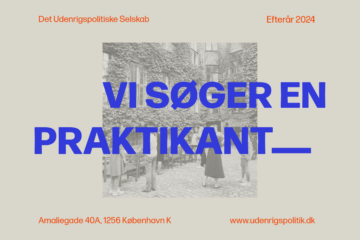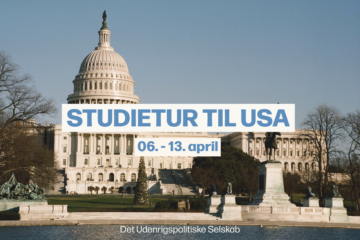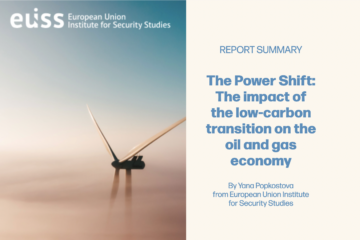Refugees in Europe – Review of Integration Practices and Policies
The European Foundation for Democracy (EFD) published a survey report on May 16, 2018 about an assessment on the integration practices and policies towards asylum seekers in Europe. This topic has been ongoing and controversial with a lack of concrete, well planned policies. The deal reached by the EU on June 28, 2018 over migration and refugees handling remains to prove itself. In the light of these events, this report brings important insights into the “refugee crisis” that took hold in 2015 and into how the different countries have responded to it. In particularly, the report focuses on the countries that have received the most asylum seekers: Austria, Belgium, Denmark, France, Germany, Sweden, and the Netherlands. From these, Germany has been by far the most affected with 593,410 asylum seekers coming into the country in 2015 and 2016. The report assumes a neutral stand and presents the findings on what they call “good practices” and points of vulnerabilities and areas of concern. In addition, the EFD claims that this is the first report of this nature, and they hope it will serve to create debate and grounds for better policies that reflect core EU values while helping refugees. In their words, “we have a duty of care and a responsibility to protect them from exploitation, predation and attack while preserving the values upon which our liberal-democratic societies are built”.
The report starts by giving an overview of the timeline of events that led to the well known “refugee crisis”, with many people fleeing from civil wars and political instabilities. The countries that have contributed the most the refugees are Syria, Iraq, Afghanistan, and several African countries, with Syria leading the way. Since 2014, Germany has received around 1.3 million asylum applications, with Sweden, Austria, and France following. Denmark is the country that has received the least amount of asylum applications (out of these countries) since 2014, and the report claims that this is mainly due to Denmark’s strategic campaign to make the country seem as a less attractive destination for refugees. The enormous influx of asylum seekers into Europe since 2015 has created many challenges for the different governments, and has also awaken radical political stands against migration. In that sense, the report tries to look at the different procedures surrounding the integration of refugees into these countries, and assess the prejudice and racism these vulnerable people are being faced with as well as the risks of radicalization that they are exposed to. Furthermore, the focus of the report was on Syrian refugees since they are the ones that have fled in the largest numbers from Syria to Europe in search of protection from the civil war.
The way events and responses developed following the influx of asylum seekers proves that Europe was not prepared for such an unprecedented migration movement into their territories. In addition, each country had their own set of migration and integration policies, but there was a lack of a common policy across the EU about how to handle the pressing issue. Different efforts have been made since to contain the influx, including the Danish government’s advertising campaign in the Lebanese press to discourage asylum seekers from coming to Denmark and a deal between the EU and Turkey in 2016. The report further states that the media played a key role in dissemination a polarized debate, where strong sentiments of “us” and “them” developed into a narrative that has caused social and political fragmentation. This fragmentation has in turn created the foundation for the emergence of different forms of extremism and nationalist feelings taking advantage in national elections in Germany, France, and the Netherlands.
Looking at approaches to integrate refugees socially, economically, and culturally into the host countries, the report analyzes the practices and highlights both the good practices and the areas for improvement. The different countries evaluated have all made attempts to integrate refugees into the countries, where governments and civil society groups work to make guide them in the host countries. Many NGOs and civil society organizations have conducted various activities aimed at making the asylum seekers’ transition smoother. Among the good practices found are efforts to spread liberal-democratic values, social inclusion, and supporting services to starting life in a new place. However, there are still many concerns and vulnerabilities for the refugees, especially with the lack of clear common policies. Among the remaining challenges are finding affordable housing, matching skills to jobs, lack of employment opportunities where language is not a barrier, and the discrimination coming from conservative groups or individuals. Another concern is a problem common to all the EU member states of the so called “undesirable and unreturnable migrants”, of which some have committed radical acts in the host countries. Thus, against this background, it is paramount that policies find a balance between security and humanitarian responsibilities. The report ends with key recommendations for the EU and national policymakers as a whole, highlighting, the need for being cognizant of the psychological trauma refugees experience and the need for businesses to invest in mentoring programs and skills mapping.
Read more here.


